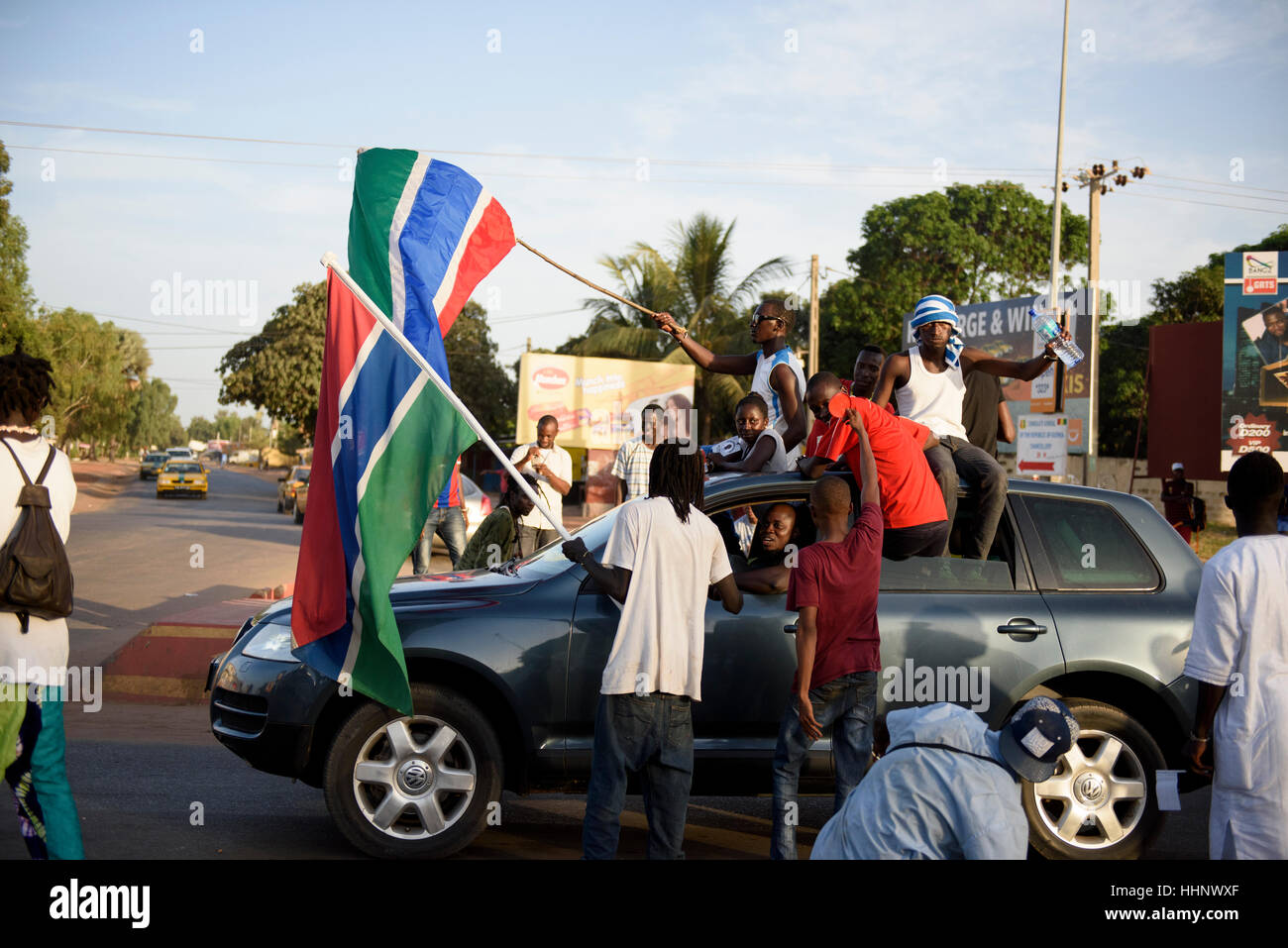 By Kemo Kinteh
By Kemo Kinteh
I just came back from a three-week vacation in the Gambia. My impression, politically, is that the approach of President Adama Barrow seems to be spreading the responsibility of governing over many heads and institutions. This approach is in line with democracy and parts of our culture, in which power is not concentrated in one hand. For example, the traditional role of alkalolu [village heads] in our political culture. Many people across the cultural and ethnic spectrum are fine with this posture as long as BETTERMENT to their daily lives is visible or at least is on the horizon.
Therefore, as the scrutiny opines, there needs to be coordination among the designated heads and institutions, so that the machines of governing work well and that the desired betterment to the lives of the ordinary folks can be realised. This coordination must be the TOP PRIORITY of President Barrow. This coordination includes:
Chairing weekly cabinet meetings
Demand progress report from all departments on important projects on monthly if not weekly basis
Meet the local press regularly
Ministers report to National Assembly regularly or on request to shed light on burning issues
I welcome SCRUTINY on two fundamental premises:
Firstly, it serves as a guiding mirror to the new government so that they deliver for the common man and women who enabled us to get rid of Jammeh. The scrutiny is not geared to tarnish anyone or undermine anybody. It is even in the interest of the parties in power to get constructive critic from outside because inside the party, group instinct prevails- even more so due to the persecution some of the parties faced during Jammeh ERA. UDP as an example.
Secondly, the media and the opposition are here to highlight the wrongs or mistakes of the governing party(s). For the media, we expect independence and fairness in reporting and commenting. For the opposition parties, we agree that raw politics amid competition for votes creates the environment for naked distrust and thus the urge for name calling or misinformation. But even if we suppose the opposition are enemies (hope not), THEY HELP GOVERNING PARTY(S) TO DO BETTER. The simple reason being that we normally always want to do better than our enemies (perceived or real).
Ends




Hi there to all, how is everything, I think every one is getting more from this website, and your views…
That is so true. Omg, you nailed it. That is exactly typical Gambian attitude unfortunately, it is very depressing.
Ba Buwa is a great man! I first heard his name when I was in Kiang Karantaba Primary School between…
[…] cuatro cuestiones que el comité no pudo resolver son las siguientes: canepa kanye Bubba (Bobby) Sangiang y Momodo Lamine…
Honestly, everything you said here was true and valid. He is obviously my inspiration and motivation. He is my Dad.